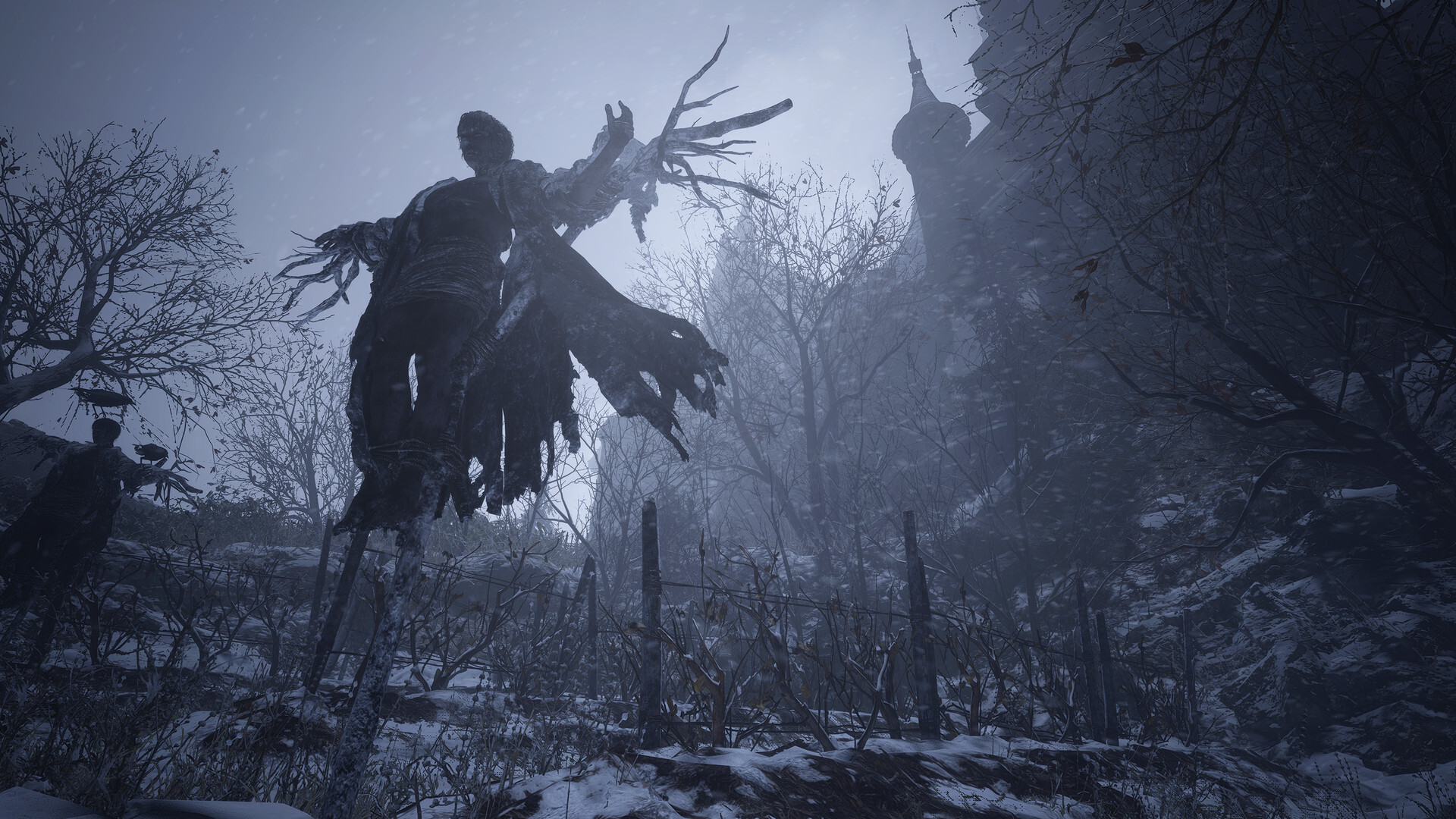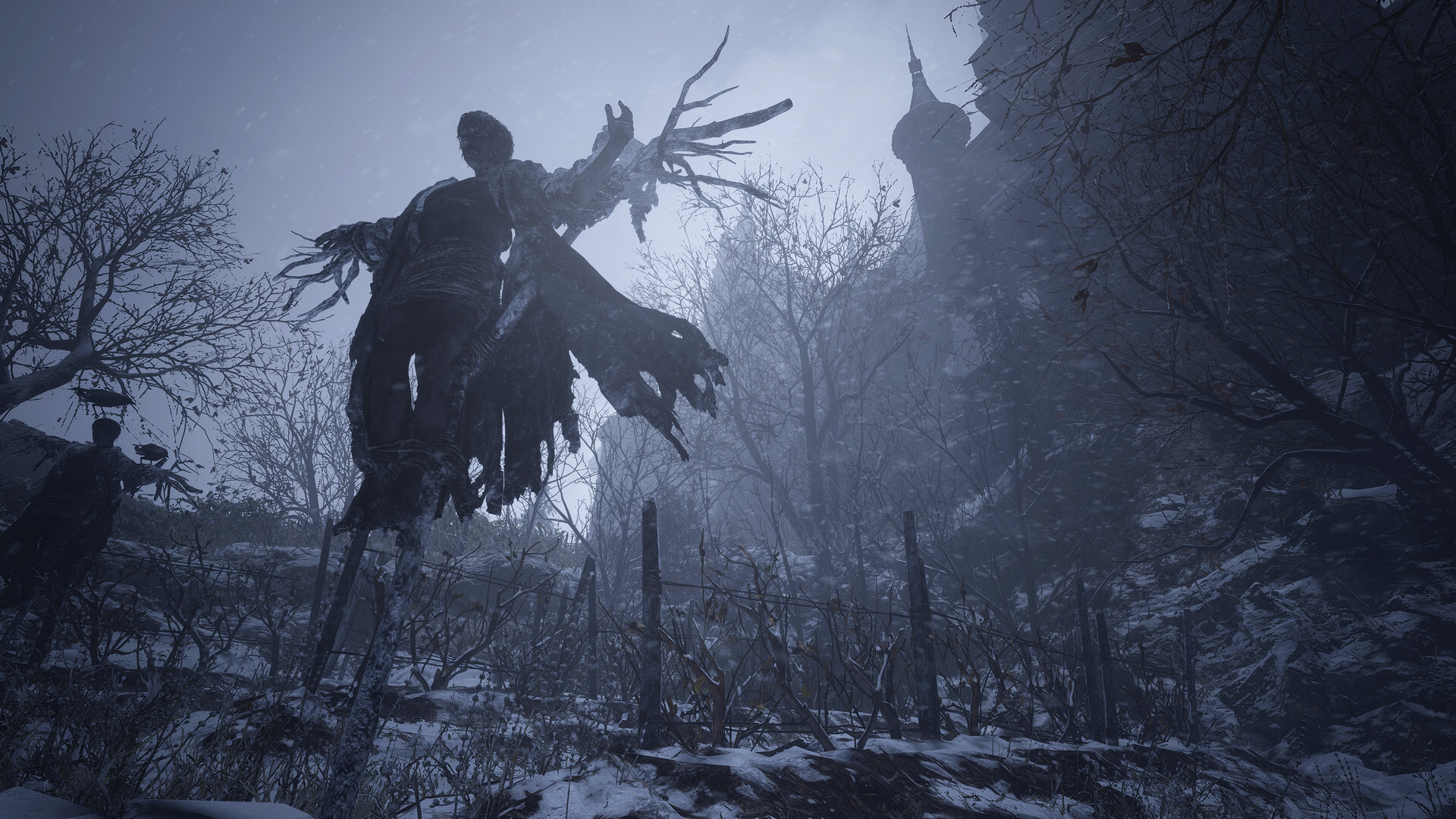Walk into any gaming store – or scroll through your favorite digital storefront – and it feels impossible to miss the surge of remakes, remasters, and reboots.

From the return of Final Fantasy VII in a dazzling new coat of paint to multiple editions of classics like Resident Evil, developers are mining our memories and bringing the past back to life. But does this surge in re-releases mean game developers have run out of fresh ideas? Or is something deeper happening here?
Nostalgia Sells – And It’s Safe
One answer is brutally simple, as Reddit user bvlax2005 put it:
“The simple answer is: because it sells. People love nostalgia and familiarity. We see it with video games, movies, and TV.”
In an industry where game budgets can exceed hundreds of millions, risk is a dirty word. Developing an entirely new IP (intellectual property) means gambling on an unproven concept. Will players like the world? The characters? The gameplay? For every Horizon Zero Dawn or Elden Ring that captures imaginations, there are dozens of new IPs that quietly flop, never to be heard from again.
It’s no wonder publishers see remakes as a safe bet. An older game already has an audience, a story, and an emotional hook. Polish it up, modernize the mechanics, and market it with a hit of nostalgia – you have a relatively low-risk way to boost sales and fill release calendars.
As another Reddit user summarized it:
“Very simple and the same principle, why we see almost no original movie ideas anymore: cheaper, existing fan base, predictable gain, far less risk.”
Are We Really Drowning in Remakes?
Still, is it fair to say that remakes dominate the whole gaming landscape? Some gamers argue this view is overblown. According to Reddit user mrfixitx:
“I don't think it is the main drive of this generation. It is part of it certainly but if you look at the best games from 2023 most of them are not remakes/reboots. Certainly there are some on there but there are lots of new games there as well.”
This is true – the biggest sellers and winners of recent years include plenty of original titles. From Baldur’s Gate 3 reviving an old franchise with new life, to new IPs like Hi-Fi Rush, the creative spark is still alive. In fact, as user FueThis points out:
“They aren't. Out of the top 20 best-selling games of 2023, 3 of them were remakes.”
So, while remakes grab headlines – and big sales – they’re far from the only thing happening in the industry.
Why Does It Feel Like So Many Remakes?
Why, then, does it feel like we’re drowning in recycled content? Part of the reason is that remakes and remasters dominate marketing cycles. A remake of a beloved classic generates hype for both older gamers and newcomers. Social media buzzes with side-by-side graphics comparisons and debates about whether the changes “ruined” the original. This free PR means remakes loom large in the cultural conversation, even if they don’t outnumber new releases.
Plus, the lifespan of games is longer than ever. A single big release can last a decade through expansions, sequels, and live service updates. When you pair that with remakes, reboots, and definitive editions, the perception of “same old, same old” can grow.
The Good Side of Remakes
Not all remakes are lazy cash grabs. Some genuinely preserve gaming history, especially as old hardware dies and digital storefronts close. Titles like the Demon’s Souls remake for PS5 or Resident Evil series show how a remake can modernize a beloved classic for new audiences, while staying true to the original vision.
For games that were ahead of their time – but limited by old tech – remakes offer a second chance. They introduce classic storytelling and gameplay to new generations who never owned a PS1 or played games on CRT TVs.
A more subtle shift is that while we still see innovative indie games and safe mega-budget blockbusters, the “middle class” of gaming – AA studios with moderate budgets and bold ideas – has shrunk dramatically. These were once the home of quirky experiments and cult classics. Today, many of those studios have either shut down or been absorbed into the big publishers, who funnel resources toward guaranteed hits.
So instead of many experimental games that might succeed or fail, we get big, safe bets – sequels, remakes, and live-service behemoths.
Balancing Nostalgia and Innovation
In the end, remakes and remasters aren’t inherently bad – and they certainly don’t mean developers are out of ideas. They’re one piece of a bigger puzzle that includes economic realities, risk management, and our own love for nostalgia.
The real challenge is balance. We need publishers willing to greenlight the next Horizon Zero Dawn, not just the next Last of Us Remake Part III. We need to celebrate new IPs with the same passion we have for old favorites. And we need an industry that gives developers the freedom – and funding – to take risks.
So, did game devs lose their ideas? Probably not. But they might need more opportunities, and a little more courage from the people holding the purse strings, to bring those ideas to life.


































